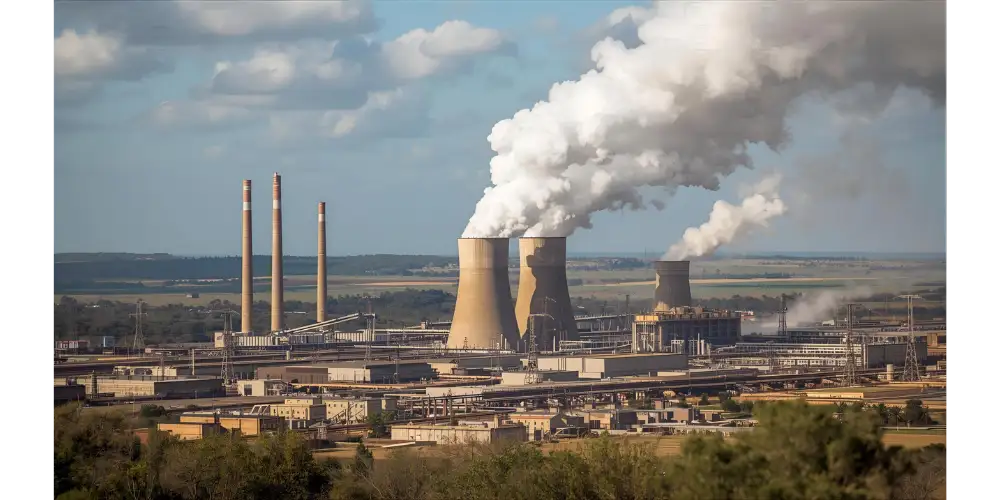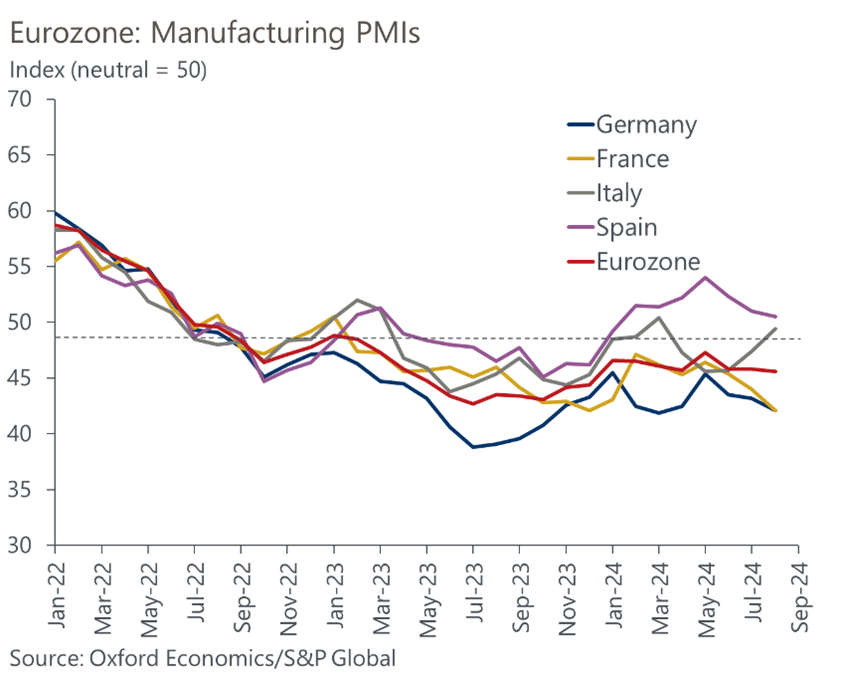Introduction
The recent announcement by ZESA Holdings regarding the 44-day shutdown of Hwange Unit 3 has raised significant concerns about the impending power shortages in Zimbabwe. This planned maintenance, scheduled from September 10 to October 24, 2025, aims to enhance the unit’s reliability and efficiency. However, the immediate consequence is a substantial reduction in the nation’s electricity generation capacity, leading to prolonged power outages across the country.
Hwange Unit 3 Overview
Hwange Unit 3 is a critical component of Zimbabwe’s energy infrastructure, contributing significantly to the national grid. With an installed capacity of 300 MW, it plays a pivotal role in meeting the electricity demands of both urban and rural areas. The planned maintenance is essential to address wear and tear, ensuring the unit’s optimal performance in the long term.
Maintenance Details
According to ZESA Holdings, the statutory maintenance of Hwange Unit 3 involves comprehensive servicing and repairs of essential components. This preventive measure is crucial to avoid more severe and costly breakdowns in the future. During this period, four other units at the Hwange Power Station will remain operational to mitigate the impact on the national electricity supply.
Impact on Power Supply
The shutdown of Hwange Unit 3 has significantly affected Zimbabwe’s electricity generation capacity. With the unit offline, the total generation capacity has decreased from 1,520 MW to approximately 1,220 MW, while the national demand during peak hours remains around 2,000 MW. This disparity has led to extended load shedding periods, with some areas experiencing up to 20 hours of power outages daily.
Economic Implications
The prolonged power cuts have far-reaching economic consequences. Industries, particularly those in manufacturing and agriculture, are facing operational disruptions. The increased reliance on diesel generators has escalated operational costs, leading to higher production expenses and, consequently, increased prices for goods and services. Small businesses and households are also bearing the brunt of these power shortages, affecting their daily activities and economic stability.
Government Response
In response to the escalating power crisis, the Zimbabwean government has initiated several measures to alleviate the situation. These include efforts to import electricity from neighboring countries, promoting the use of alternative energy sources like solar power, and expediting the completion of ongoing power generation projects. However, these initiatives are still in the early stages, and their impact on the current power shortages remains limited.
Public Reaction
The public’s reaction to the extended power outages has been one of frustration and concern. Citizens have expressed their dissatisfaction through various platforms, highlighting the adverse effects on their daily lives. The increased cost of living, coupled with the inconvenience caused by frequent power cuts, has led to widespread discontent among the populace.
Exploring Alternative Solutions
To mitigate the impact of power shortages, many Zimbabweans are turning to alternative energy solutions. Solar power, in particular, has gained popularity due to its sustainability and decreasing installation costs. The government is also encouraging the adoption of renewable energy sources through incentives and policy support, aiming to reduce the nation’s dependence on coal-fired power generation.
Future Outlook
While the current situation presents significant challenges, there is cautious optimism regarding Zimbabwe’s energy future. The ongoing investments in renewable energy infrastructure, coupled with efforts to improve the efficiency of existing power plants, are expected to gradually alleviate the power shortages. However, achieving energy security will require sustained commitment and strategic planning from both the government and private sector stakeholders.
Conclusion
The 44-day shutdown of Hwange Unit 3 has underscored the vulnerabilities in Zimbabwe’s energy sector. While the maintenance is necessary for the long-term health of the power plant, the immediate consequences have been challenging for the nation’s citizens and economy. It is imperative that the government continues to explore and implement sustainable energy solutions to ensure a reliable and affordable electricity supply for all Zimbabweans.
For more news, visit The Herald.
For more related articles : click here.




